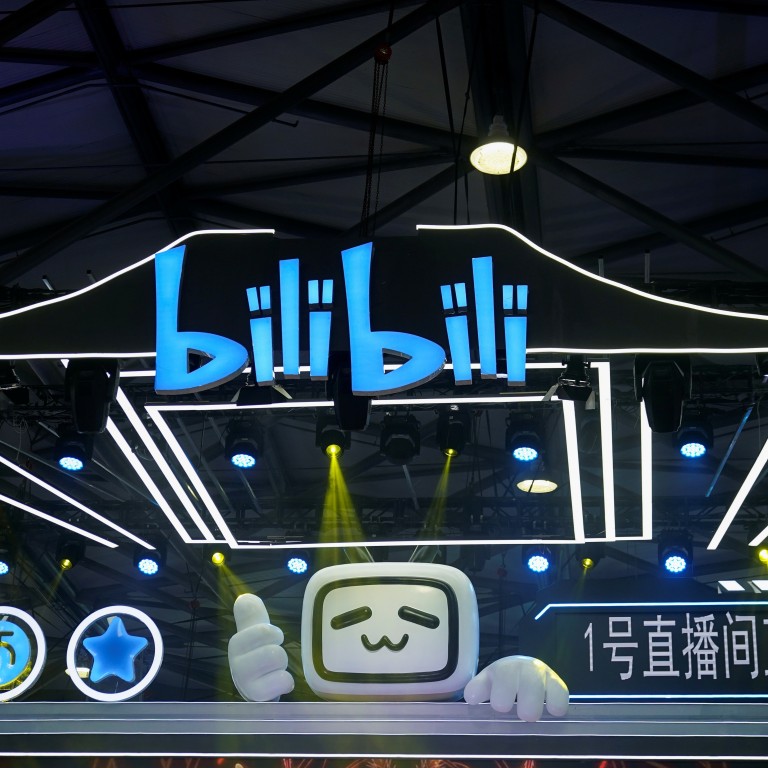
Bilibili unveils record number of games despite fears of Beijing’s tighter regulatory scrutiny
- Popular with generation Z users, Bilibili has long been in the gaming business but primarily as a publisher of titles developed by others
- While subscriptions and advertising are new revenue pillars for Bilibili, video games still account for about 30 per cent of the company’s total sales today
Chinese online entertainment giant Bilibili unveiled a record 16 new games at its summer launch event, including six self-developed titles, despite regulatory scrutiny reaching a fever pitch last week after state media criticised video games as “spiritual opium”.
The Shanghai-based company, often dubbed China’s answer to YouTube, on Wednesday revealed its first batch of self-developed video games from an initiative put in place two years ago. Popular with generation Z users, Bilibili has long been in the gaming business but primarily as a publisher of titles developed by others.
“This year we have the highest number of games announced,” a Bilibili spokesperson told the Post. “Last year we unveiled 11 new games, and we announced five titles in 2019.”
ByteDance’s gaming chief sets out global ambitions after Moonton deal
Video games have been an important source of income for Bilibili, which has dual listings in New York and Hong Kong. In its early days, they accounted for nearly 80 per cent of total revenue as other revenue sources remained untapped.
While subscriptions and advertising have emerged as two new revenue pillars, video games still account for about 30 per cent of the company’s total sales today.
Amid the Chinese government’s ongoing scrutiny of the country’s tech sector, including the imposition of tighter restrictions on online entertainment, Bilibili’s market cap has fallen from a peak at over US$55 billion in February to just under US$30 billion.
Still, the product launch last Wednesday shows Bilibili’s ambitions to further expand in the gaming industry, transitioning from being a publisher to having its own game development teams in a bid to rival sector giants such as Tencent Holdings and NetEase.
“This time we have a lot of games with Chinese cultural elements, and we hope that we can explore more ways through which art can be created,” the Bilibili spokesperson said.

